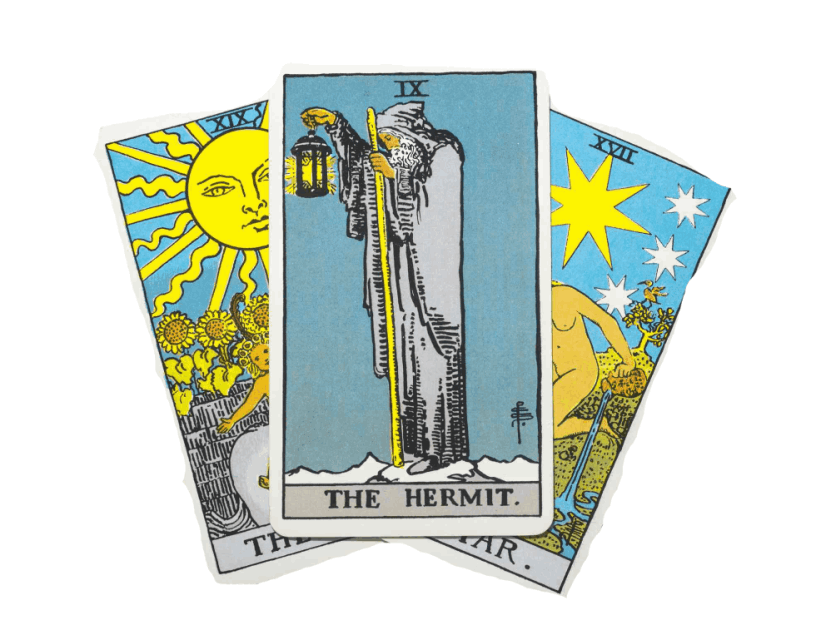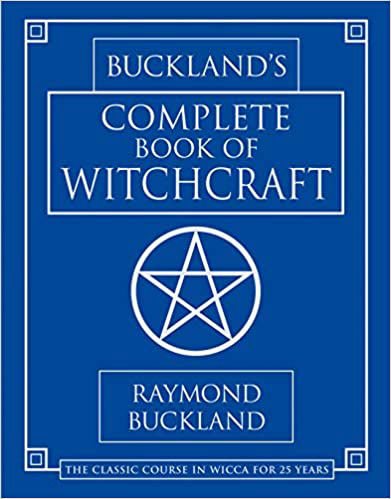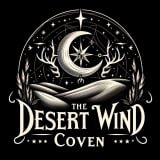
Tarot Cards
Tarot is one of the most popular forms of divination. A tarot deck consists of seventy-eight cards: twenty-two Major Arcana and fifty-six Minor Arcana. The Major Arcana represent archetypes and reflect the life cycle. When they appear in a spread, they are considered to have a stronger influence than the Minor Arcana cards. The Minor Arcana has four suits, and roughly corresponds to a standard deck of playing cards. The four original suits were coins, staffs, wands, and swords, but many modern decks have updated the suits as pentacles, wands, cups, and swords. Each suit is related to specific attributes, and has the numbers one through ten, plus an ace, page, knight, queen, and king.

